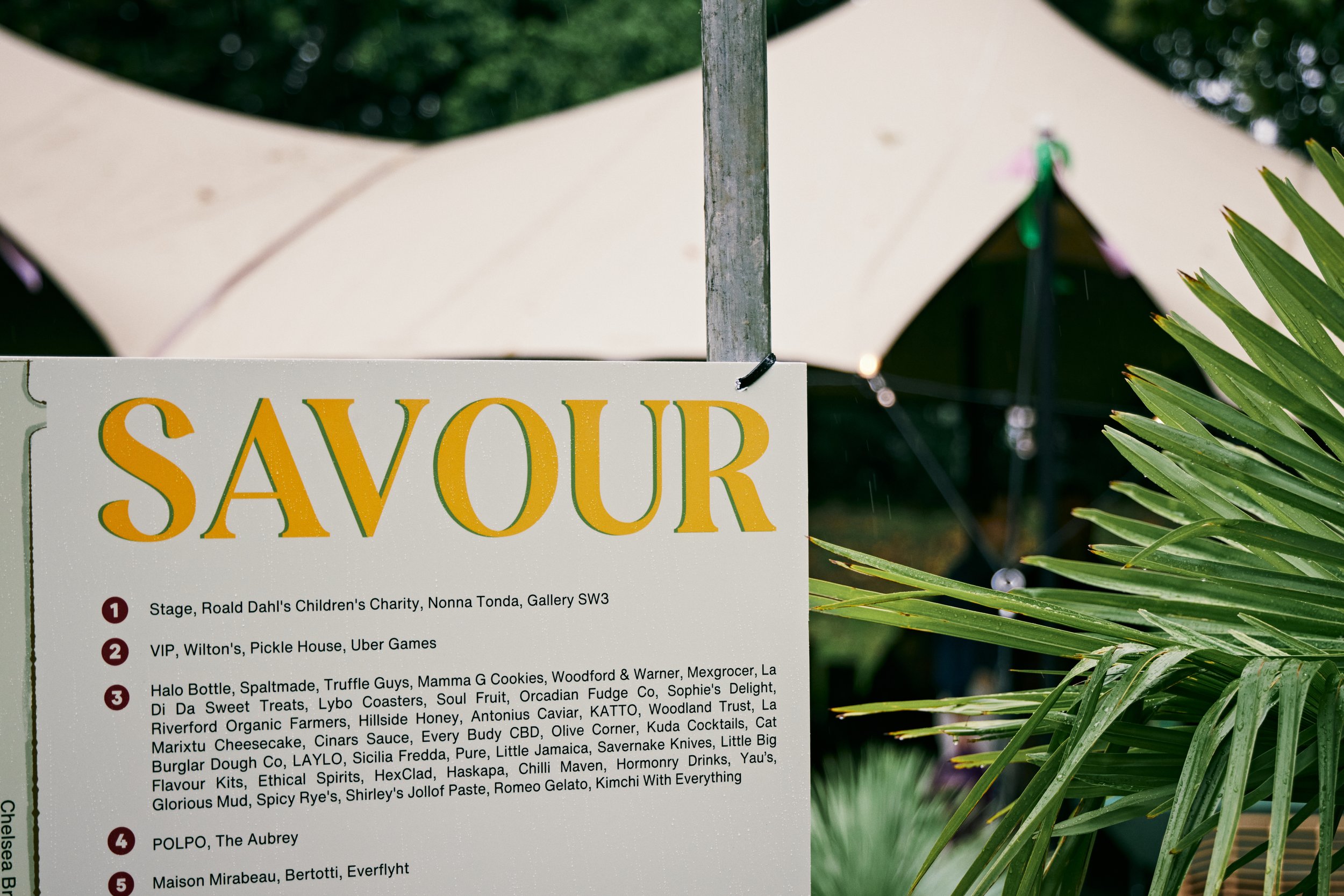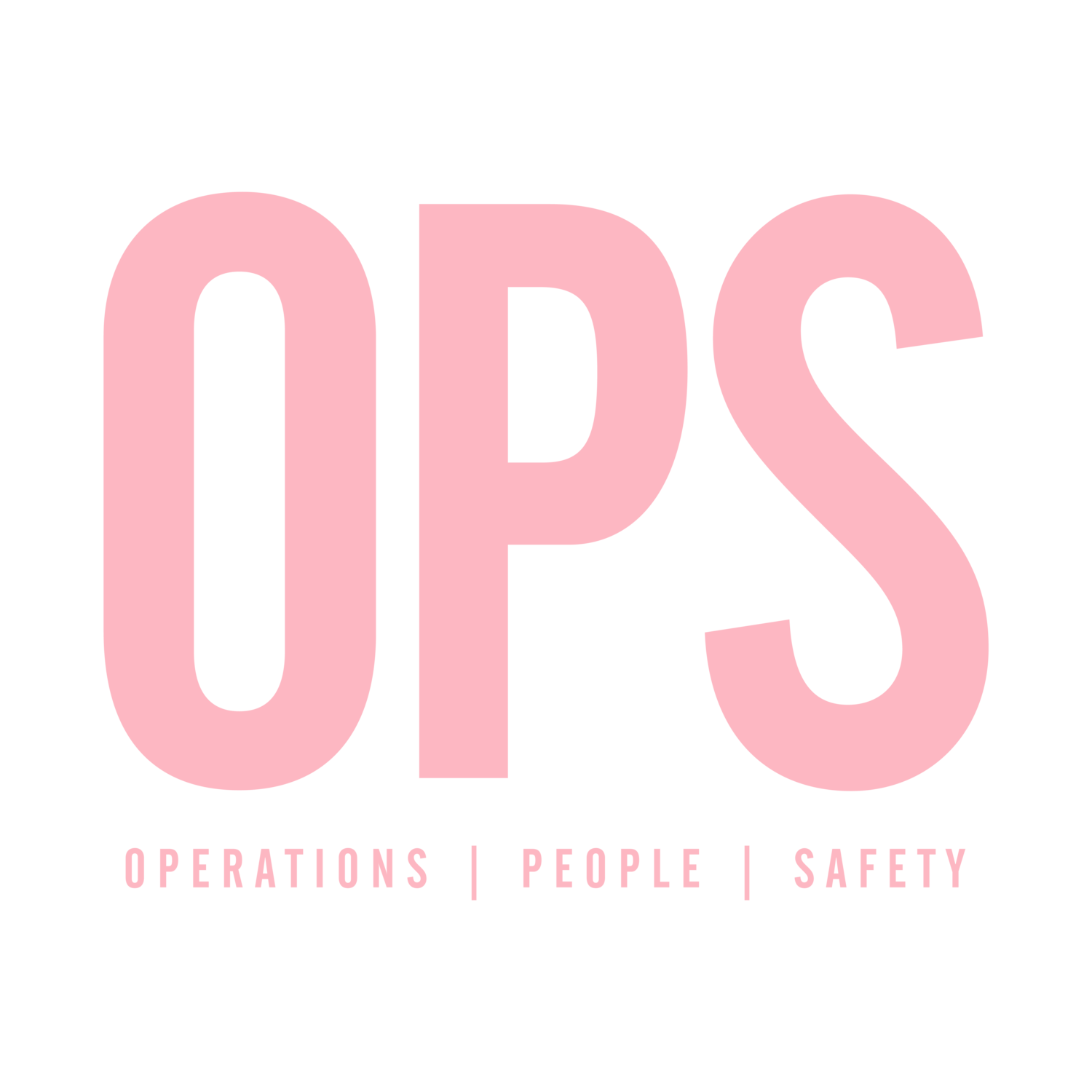Background
Savour, a self-proclaimed ‘Food Wonderland’, brought Michelin star chefs, luxury cookware brands, excellent confectionaries and treats, the freshest oysters, slammin’ Bloody Marys and fabulous mezcal to one of London’s most beautiful hidden locations, the Ranelagh Gardens at the Royal Hospital Chelsea.
The venue is the backyard of the Chelsea Pensioners, features beautiful trees planted by the late Queen Elizabeth II, and architectural features draughted by none other than Sir Christopher Wren. A central aim of the delivery of Savour was therefore to protect the venue, but also to maintain its country garden ambiance for the benefit of the festival’s attendees.
OPS worked together with our sister agency, production company The Fair, to bring the event to life for over 10,000 guests to enjoy across the weekend.

Challenges
-
Ensuring safety at our first ever food festival, on a site which had only hosted a festival once in its 114-year history
-
Enabling 8 full scale restaurants to function on site, some of whom had never worked outdoors before, with power requirements each akin to a large-scale stage at a music event
-
Auditing a total of 120 traders, restaurants and bars on site
-
Protecting the Ranelagh Gardens while keeping with the country garden feel
-
Identifying and connecting with stakeholders a site which had not hosted an event of this kind
-
Doing all of the above with just three days to safely and smoothly build the festival on site

Delivery
-
Successful delivery of one of London’s fastest-growing food festivals – at an unfamiliar, unique and highly sensitive site
-
Health & Safety, Operational Management and Licensing services
-
Supplier audit of 120 traders, restaurants and bars
-
Crowd Management

Results
-
Exceptional feedback from the client, who said they “can’t wait” to work with us again next year
-
Festival received “phenomenal” reviews, and coined the best food festival in London in hundreds of social media posts
-
Minimal disturbance to surrounding nature and wildlife
-
Relationships established with stakeholders which can be maintained for future years

